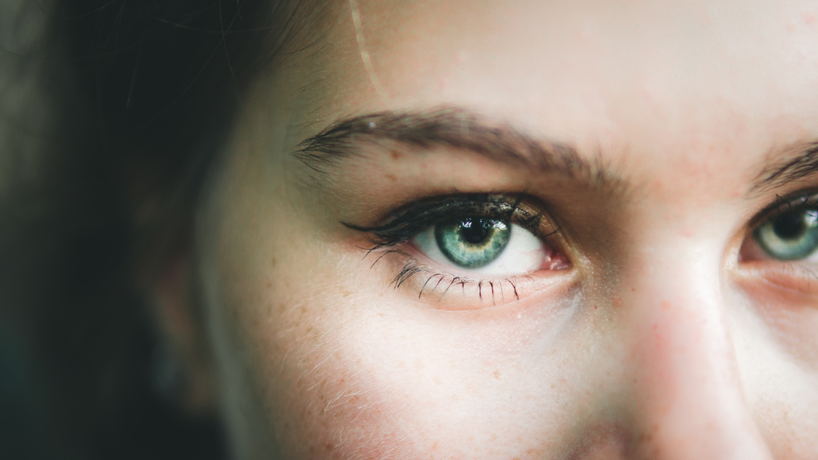
Should You Sleep At All With Contacts In?
Josie SivignyWhen you’re busy and trying to squeeze in a nap, the last thing you want to do is cut into those precious moments of rest by taking your contacts out.
But what’s the risk to leaving them in? Is there a time limit you should keep in mind? Can anything really that bad happen?

Why you shouldn’t sleep with contacts in.
According to eye doctors, sleeping with your contacts in is never ideal. There are a lot of risks that come with leaving them in, but ultimately the choice is up to you and your doctor. If you need a few reasons to pop those contacts out before you hit the hay, keep these things in mind:
Your eyes need to breathe.
While you rest, though your eyes are closed, oxygen still gets to your corneas to help fight off germs and lower your risk for infection. Keeping contacts in and keeping your eyes closed is a recipe for disaster, at least when it comes to long periods of time. Napping for short stints doesn’t leave you open to as much risk, sure, but it still may not be worth it. Hypoxia of the eye, a serious condition that can leave you with permanent damage, is often caused by sleeping with contacts in because of the barrier between your corneas and much-needed oxygen.
Sleeping with contacts in has proven to be a cause of other dangerous conditions.
Rubbing your eye is a common issue for contact wearers, especially when you’re asleep and can’t control your muscle movements. Rubbing can lead to irritation which could cause scratching on your cornea or abrasions, which leaves your eyes susceptible to bacteria. Certain bacteria exposure can even cause corneal ulcers. Washing your hands before interacting with your contacts and keeping your contacts out when sleeping are two key factors to preventing these conditions.
Extended contact wear can also cause keratitis, an inflammatory condition that can often come with infection. If left untreated or in severe cases, loss of vision can occur.

Can you sleep with extended wear contacts in?
There are some extended wear contacts that have been approved to sleep in, but always talk with your doctor before you make any decisions. Depending on your specifics conditions, you may not want to take the risk. There are some brands that are designed with the problems with sleeping in contacts in mind, but in general it is still considered best practice to remove contacts for any overnight sleeping.
Leaving them in for short, fifteen to twenty minute naps is probably okay, but not something you should make a habit of.



